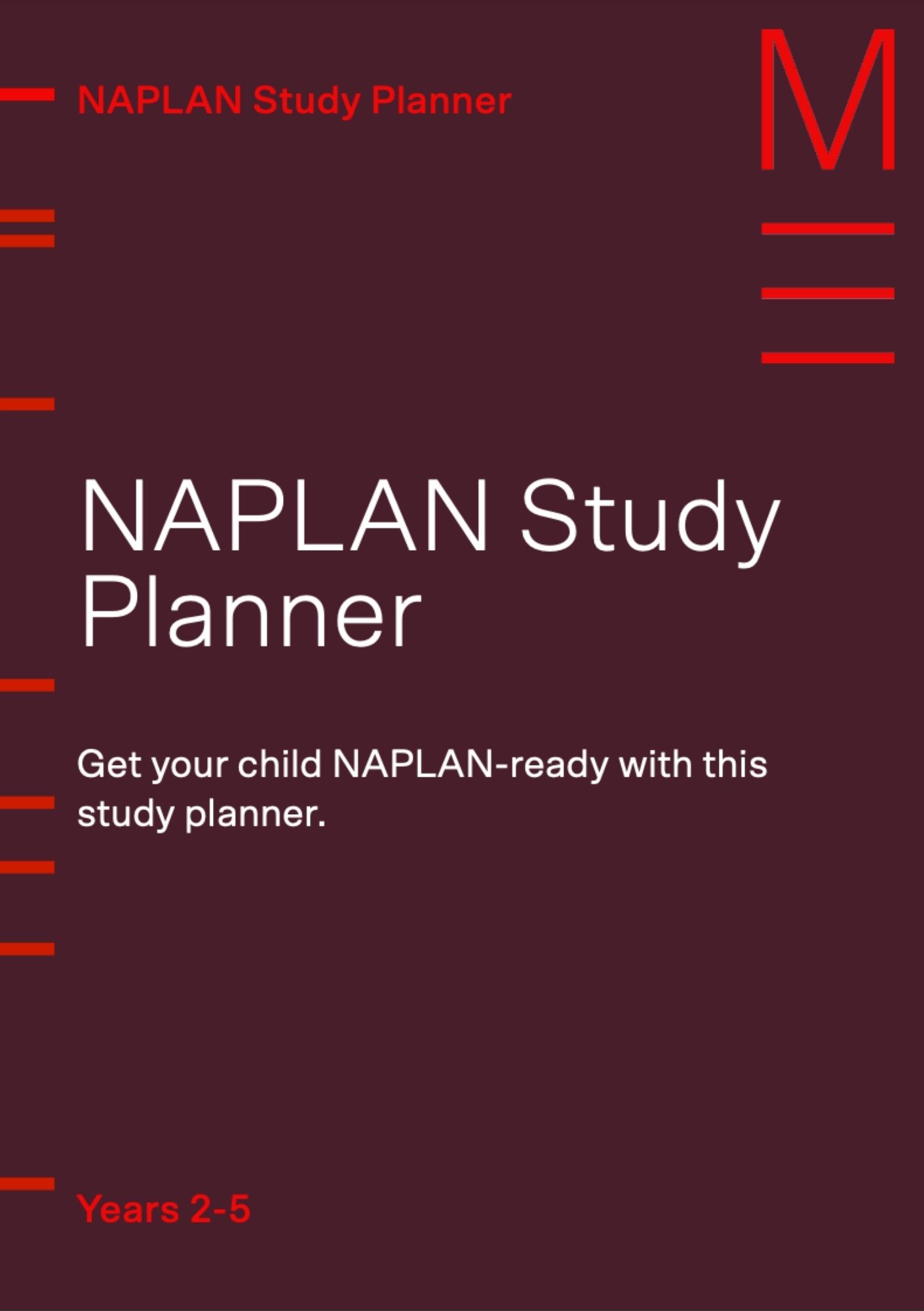Welcome to Matrix Education
To ensure we are showing you the most relevant content, please select your location below.
Select a year to see courses
Learn online or on-campus during the term or school holidays
Learn online or on-campus during the term or school holidays
Learn online or on-campus during the term or school holidays
Learn online or on-campus during the term or school holidays
Learn online or on-campus during the term or school holidays
Learn online or on-campus during the term or school holidays
Learn online or on-campus during the term or school holidays
Get HSC exam ready in just a week
Select a year to see available courses
Science guides to help you get ahead
Science guides to help you get ahead

To prepare for NAPLAN, your child should focus on building strong literacy and numeracy skills over time. Here are expert tips on how you can help your child feel ready and calm on test day.
Keep your child on track for NAPLAN success with this easy-to-use comprehensive planner! Fill out your details below to get this resource emailed to you. "*" indicates required fields
FREE Primary NAPLAN Study Planner

FREE Primary NAPLAN Study Planner
Reading, writing, and vocabulary are key areas assessed in NAPLAN. To prepare for NAPLAN, focus on strengthening these skills: understanding texts, expressing ideas clearly, and applying correct spelling and grammar. Here’s how to build your child’s literacy skills.
NAPLAN assesses a mix of basic maths skills, problem-solving, and reasoning. Focusing on practical applications of maths will help your child feel more confident.
Worded maths problems are common in NAPLAN and require both reading and maths skills.
Have your child practise reading a question carefully, underlining important information, and deciding on the best approach.
Get test-ready and practise questions modelled on the NAPLAN test. Fill out your details below to get this resource emailed to you. "*" indicates required fields
Free Year 5 NAPLAN Mock Test Download

Free Year 5 NAPLAN Mock Test Download
Even if your child is confident in their literacy and numeracy skills, knowing how to approach different question types and manage their time effectively can make a big difference.
Help them practise working within time limits so they can complete all questions.
NAPLAN includes:
Have your child practise all these formats so they know what to expect.
A smooth test day starts with good preparation, a healthy routine, and a positive mindset.
© Matrix Education and www.matrix.edu.au, 2023. Unauthorised use and/or duplication of this material without express and written permission from this site’s author and/or owner is strictly prohibited. Excerpts and links may be used, provided that full and clear credit is given to Matrix Education and www.matrix.edu.au with appropriate and specific direction to the original content.